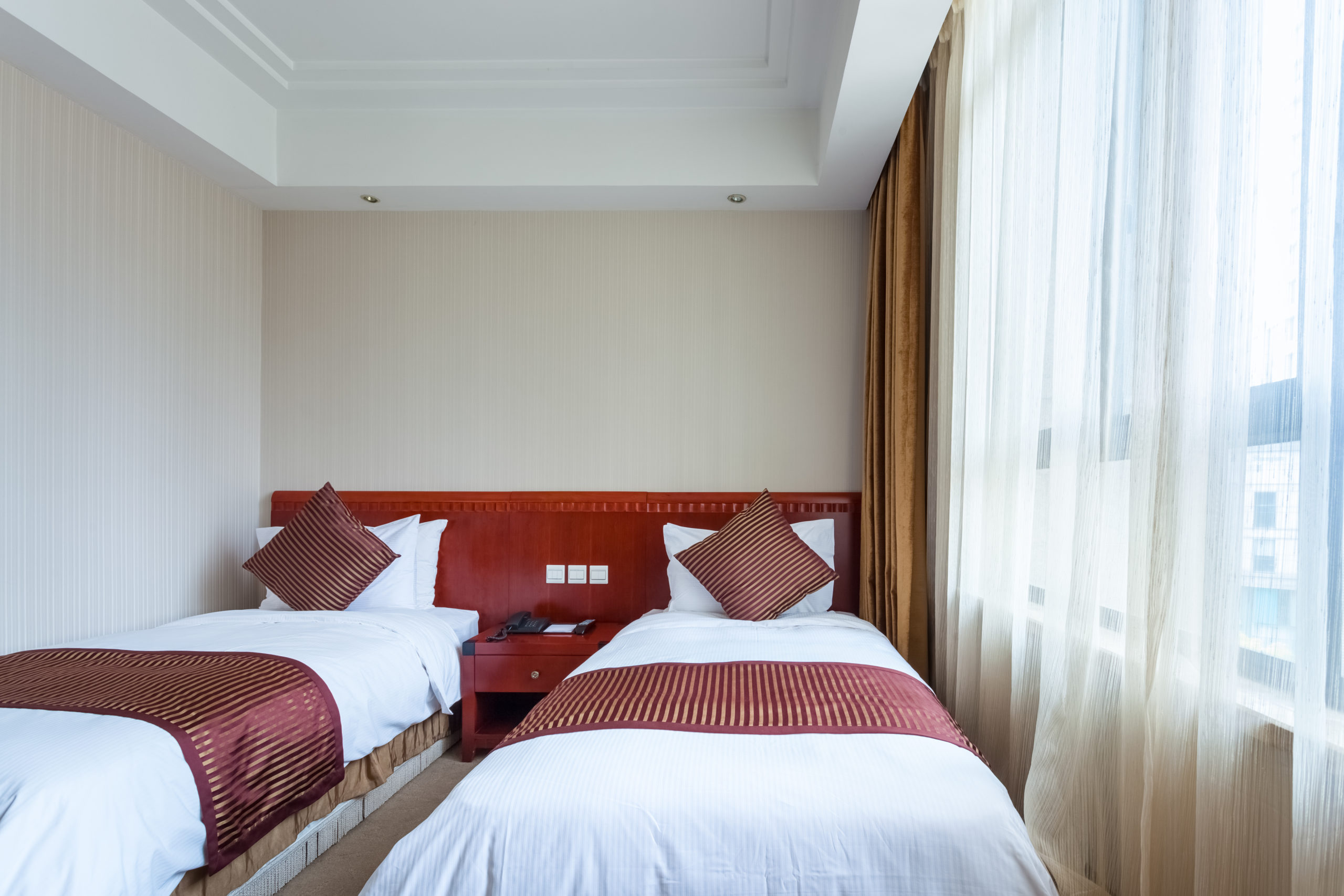
The next case we’re going to revisit, while also involving a hotel, is unique as it involved an external maintenance company and the duty it owed to keep a pool system safe. In this case, a hotel employee was tasked with manually cleaning out the filter for the pool and hot tub. Within a week, the employee began to feel ill and was later diagnosed with Legionnaires’ disease. He was the third case of Legionnaires’ disease that could be traced back to the hotel. He was hospitalized multiple times over a 5-month period as a result of his diagnosis. Both…




